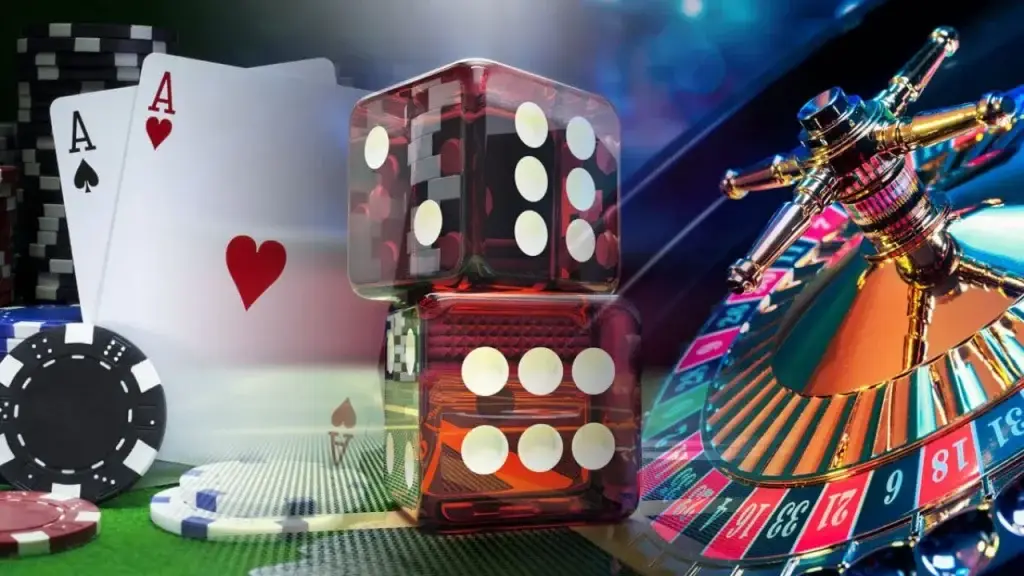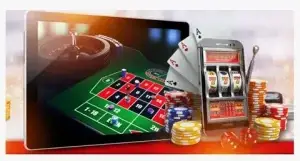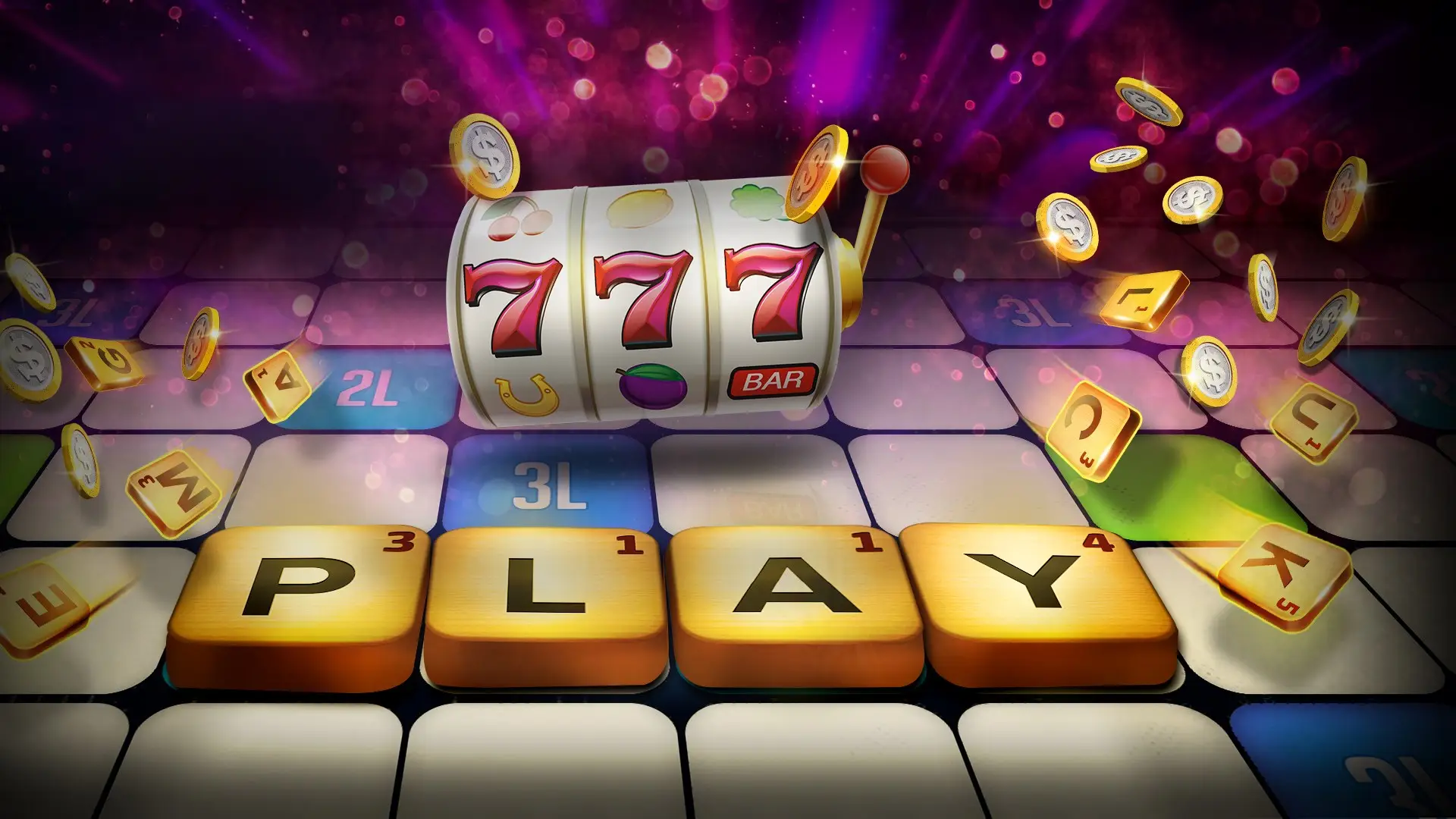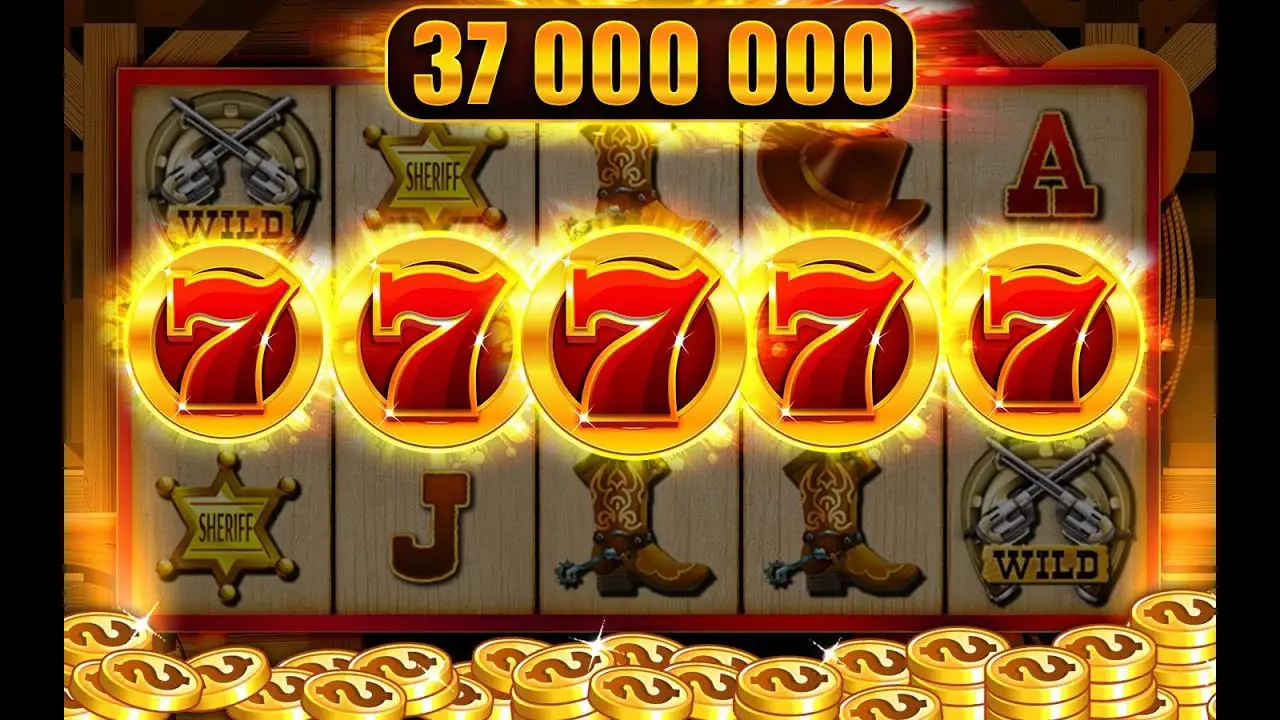For decades, the question of whether it is possible to beat a casino has caused heated debate among players and researchers. Gambling is shrouded in mystery and psychological intrigue, making millions of people believe in the possibility of outsmarting the system. But what lies behind the glitter of roulette wheels and the lights of slot machines? This article will help you dive into the depths of mathematical mechanisms, strategies and psychological tricks. If winning is possible, then at what cost? And most importantly, on whose side are the odds?
Casino Secrets: How Algorithms Do Everything Possible to Make Players Lose
Casinos always know how to keep a player. The algorithms of the slot machines and the atmosphere in the hall are thought out to the smallest detail. Bright lights, no windows or clocks – everything is created to immerse you in the process. 24-hour music adapted to the emotional state of visitors and friendly staff enhance the effect. Little things like free drinks and chips encourage you to stay longer.

Gaming tables and machines are arranged in such a way as to create a feeling of imminent victory. Algorithms, in turn, use player data to calculate the time between wins. Is it possible to beat the casino in such an environment? Psychology is on the side of the house, and only self-control and understanding of the mechanisms can give an advantage.
Slots and the truth about variable rewards
Variable rewards are the foundation of gambling. Slot machines are programmed for random wins, but this does not prevent them from obeying strict mathematical laws. They are based on probability theory and a random number generator (RNG). For example, the RTP (return to player) indicator indicates what percentage of bets are returned to users in the long term. But even with an RTP of 95%, the casino retains its share.
This scheme creates the illusion of control: the player is sure that the next spin will bring a win. Reward algorithms keep you in the game despite losses. This truth about mathematics and casinos helps to realize that fighting the system is a difficult task.
Top representatives of gambling games:
- Book of Ra (slot by Novomatic): offers RTP at the level of 92-94% and high volatility. Players receive rare but large wins. The main secret is the bonus game with expanding symbols, which is activated only during a long gaming session.
- Gonzo’s Quest (slot by NetEnt): the famous Avalanche Feature, where symbols disappear, making room for new ones. RTP is 95-96%, and bonus multipliers increase with each cascade.
- Starburst (slot by NetEnt): RTP reaches 96.09%. The special feature is expanding wild symbols and frequent small wins that encourage you to continue playing.
- Mega Moolah (slot by Microgaming): RTP is set at 88.12%, but jackpot wins exceed multi-million values. The secret is that the player needs to accumulate bets for a long time to activate bonuses.
Strategies for the game: myths and reality about whether it is possible to beat the casino
 Martingale, Parlay and Fibonacci tactics seem tempting, but they have their limitations. For example, Martingale requires doubling the bet after each loss, which quickly leads to the table limit or bankruptcy. Parlay suggests increasing the bet after a win, which can be profitable if the series is successful, but leads to large losses if it fails.
Martingale, Parlay and Fibonacci tactics seem tempting, but they have their limitations. For example, Martingale requires doubling the bet after each loss, which quickly leads to the table limit or bankruptcy. Parlay suggests increasing the bet after a win, which can be profitable if the series is successful, but leads to large losses if it fails.
Research shows that no strategy guarantees victory. The conclusion is simple: systems only work in the short term, and you can beat the casino only through luck or clever calculations.
Casino Mathematics: odds and game balance
All casinos are built on the concept of the house edge – the mathematical advantage of the house. This value varies depending on the game: roulette edge is 2.7% in the European version and 5.26% in the American version. RTP for slot machines is usually 90-96%, leaving up to 10% of the casino’s profit.
Players often underestimate the importance of bankroll management and understanding probabilities. Is it possible to beat the casino? Successful play requires knowledge of details such as the house edge and RTP, which vary depending on the game. For example:
- Roulette: the European version offers a house edge of 2.7%, while the American version with two zeros increases this value to 5.26%. This small change significantly reduces the player’s chances of winning.
- Blackjack: Here, the house edge can decrease to 0.5% if the player uses the optimal strategy. However, the slightest mistake increases the casino’s advantage.
- Slots: RTP for popular machines can be in the range of 90-96%, but high volatility, such as “Book of Ra” or “Mega Moolah”, makes you expect rare big wins.
- Poker: Unlike other games, poker depends more on skill than on the house edge. But even here, the casino keeps the rake – a fixed percentage of each pot.
The casino math speaks for itself: every rule and metric is set to ensure long-term income for the house. Understanding these nuances allows players to better manage their expectations and reduce losses.
Expert opinions and statistics: what research says about whether it is possible to beat a casino
Scientific studies confirm that most players systematically overestimate their chances. Analysis of casino data shows that on average only 10-15% of visitors receive large wins, while the rest leave with losses.
Statistics show that automation and algorithms of modern platforms are improving, minimizing errors in calculations. Artificial intelligence studies the behavior of players, predicting how much time they will spend playing. This makes the chances of winning even more dubious.
Real player cases
Success stories in casinos do exist, but they are rare. For example, using the card counting method in blackjack allows you to reduce the mathematical advantage of the house, but requires a high level of concentration. Real cases show that it is possible to gain an advantage over the casino, but it takes time, discipline and knowledge.
Conclusion
 So is it possible to beat a casino? Yes, but only in rare cases and over short distances. The establishment wins through math, psychology and technology. Understanding algorithms and discipline are the only ways to improve the odds. Without knowledge of math and limits, winning becomes a myth.
So is it possible to beat a casino? Yes, but only in rare cases and over short distances. The establishment wins through math, psychology and technology. Understanding algorithms and discipline are the only ways to improve the odds. Without knowledge of math and limits, winning becomes a myth.
Tips for responsible gambling:

- Set clear limits for losses and wins.
- Avoid emotional decisions and greed.
- Use strategies, but be aware of their limitations.
- Focus on having fun, not making money.
Casino gambling strategies and risk awareness are the way to have fun without losing control.
 en
en  ru
ru  de
de  ar
ar  es
es  hi
hi  fr
fr  nl
nl  it
it  pt
pt  el
el 











